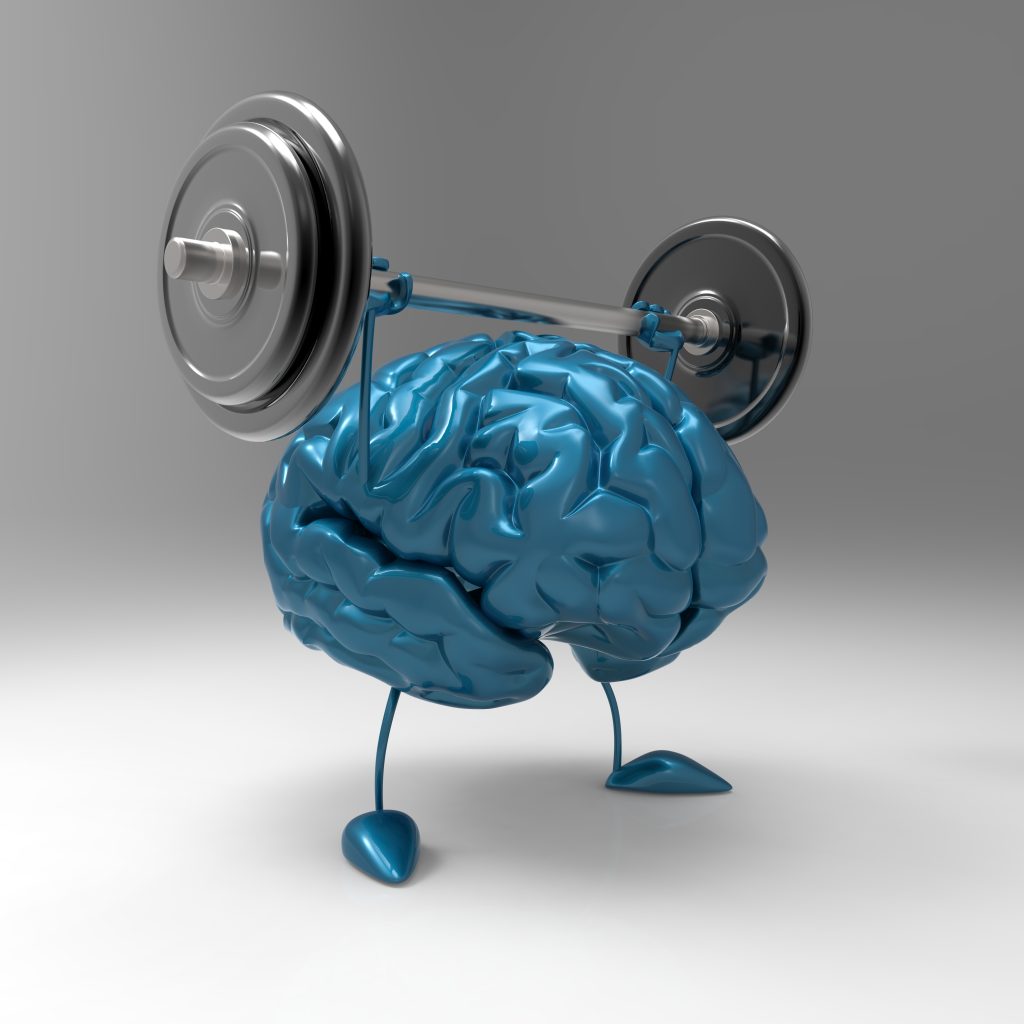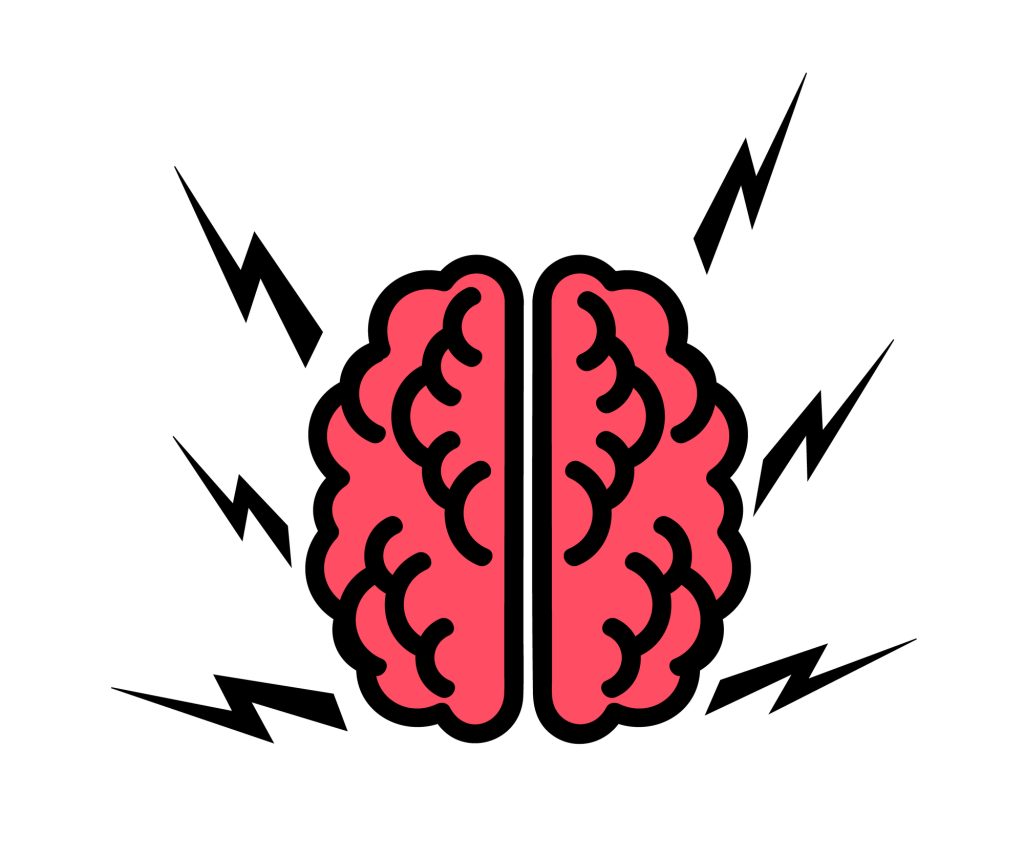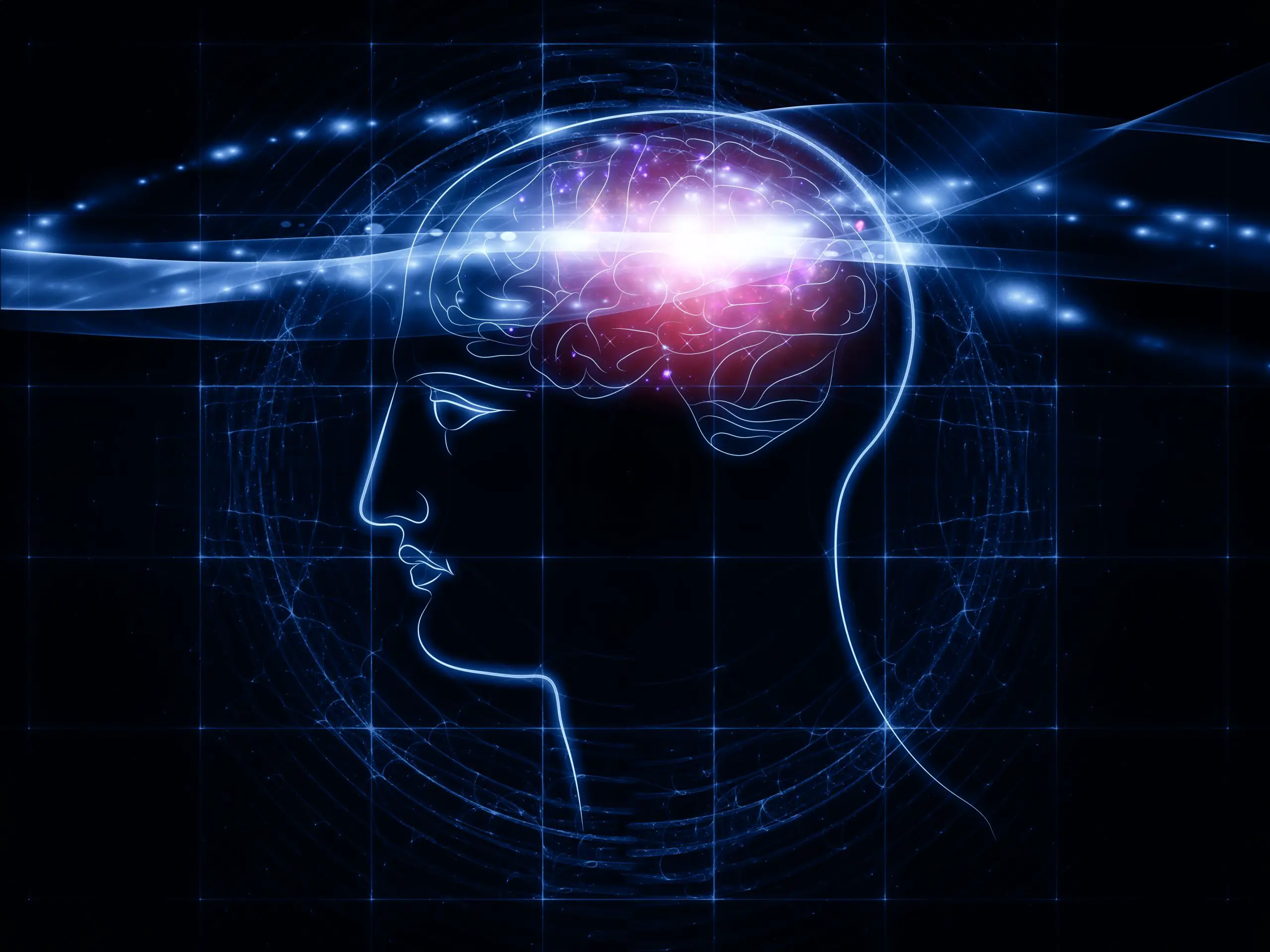Do you ever feel like your brain just isn’t firing on all cylinders? As much as you want to, it seems like you’re stuck in a mental fog that won’t lift. You might want to look into creatine supplements to give your brain the boost it needs.
Yes, you read that right. Creatine, the sports supplement commonly known for giving athletes an edge in physical performance, has recently been found to have a range of cognitive benefits too. We’ll explore what these are and how creatine can help give your mental performance a much-needed boost in this article.
We’ll start by looking at what creatine is and how it works before delving into the science behind the cognitive benefits associated with taking creatine supplements. So if you’re ready to lift the fog and supercharge your brain, let’s get started!
How Creatine Works in the Brain
Creatine is an organic acid found naturally in muscle, brain and other tissues. It is often used as a supplement for athletic performance and muscle building. But did you know that it can also be beneficial for improving cognitive function?
Creatine helps to transfer energy from the mitochondria to the cytosol in cells, which can help to optimize cellular processes. It has been shown to increase brain creatine content in humans, which could boost neuronal metabolism and functioning. In addition, its antioxidant properties can help protect against oxidative damage in the brain.
In terms of cognitive benefits, creatine has been shown to augment measures of cognitive functions such as memory and learning abilities. Studies have suggested that it can improve reaction times and have a positive effect on working memory. It also has potential to reduce fatigue, helping you stay focused longer.

Creatine and Memory Enhancement
Are you looking for a way to boost your brain power and improve your memory performance? Creatine supplementation may be just what you need. Recent studies suggest that creatine supplementation can increase brain creatine stores, which can improve cognitive functions like memory.
When it comes to memory enhancement, creatine has been found to be effective in both healthy adults and adults with Alzheimer’s Disease. In healthy individuals, creatine supplementation has been shown to improve memory performance and enhance learning ability. In addition, it can also help slow down the onset of age-related memory decline.
Creatine supplementation has also been found to improve measures of cognitive functions such as verbal learning and recall, working memory processing speed, executive functioning and mood. It can also decrease fatigue in older adults during demanding mental tasks. So if you want to give your brain a boost and improve your memory performance, giving creatine a try may be beneficial for you!
Improved Reasoning and Problem-Solving Skills With Creatine
Do you ever feel like your problem-solving skills could use a boost? You might not know this but creatine can help with that. Multiple studies have found that creatine supplementation can improve both short-term memory and intelligence/reasoning.
Specifically, researchers have shown that there is significant improvement in working memory and reasoning ability after 5-20 grams of creatine has been taken daily for five to six days. In other words, creatine supplementation could make it easier for you to think through complex problems or make decisions under time pressure.
So what makes creatine so effective in improving cognitive function? It comes down to increased availability of ATP (adenosine triphosphate), which is responsible for energy production in the brain. Creatine increases ATP availability, which leads to improved cognitive performance. Another factor may be the anti-oxidative potential of creatine, since oxidative stress has been associated with decreased mental capacities. So by reducing oxidative stress, creatine may be able to improve overall cognitive function.

Creatine May Help Fight Age-Related Cognitive Decline
If you’re worried about cognitive decline in older age, then you may be interested to know that creatine could help with this. Studies show that brain creatine content tends to decline during aging, which can lead to a deterioration of cognitive performance.
This is where creatine supplementation comes in. Supplementing with creatine can improve your short term memory and intelligence/reasoning, according to one study. And even better, dietary creatine might prevent age-related cognitive decline in adults.
So if you don’t want age-related cognitive decline to get the better of you, it may be worth adding creatine to your diet for an extra brain boost—especially as you get older.
The Impact of Creatine on Mood and Depression
Creatine’s impact on mental health isn’t limited to cognitive performance—it is also linked to improved mood and lower risk of depression. Dietary creatine intake is linked to lower risk of depression in women, while studies have shown that creatine supplementation may improve symptoms of depression. So, what exactly is the connection?
Creatine is essential for the proper functioning of our brain cells, but the evidence suggests it could also work synergistically with other neurotransmitters in our brains. Since neurotransmitter levels are often found to be low in those with depression and anxiety, this connection becomes very meaningful. This means that consuming more creatine could potentially improve depressive symptoms by increasing levels of serotonin, dopamine, and norepinephrine—the “happy hormones”.
So how do you add more creatine into your diet? Straight supplementation is always an option, but you can also get it from food sources like red meat, wild caught fish and whole grains. Whatever your source, know that creative does not just help boost your muscle power—it can also positively influence your depressive symptomatology!

How to Take Creatine for Maximum Cognitive Benefits
You now know the cognitive benefits ofa creatine supplement—but how should you take it to get the most out of its effects?
When it comes to a creatine supplement, timing can make a big difference in terms of your cognitive benefits.
First Thing in the Morning
One popular suggestion is to spoil your brain first thing in the morning, right when you wake up. Best case scenario: taking it on an empty stomach before breakfast will get it into your bloodstream faster and provide your brain with an extra boost that’ll have you ready to tackle any challenge.
Pre-Workout Meal
If you’re looking for extra motivation for a workout, try taking your creatine as part of a pre-workout meal. Eating carbs beforehand helps to drive more creatine into the muscle cells, and having an ample reserve of energy can increase alertness and focus for your workout routine.
Right Before Bed
Creatine taken at night can be beneficial because it will have time to absorb into your body while you sleep. Taking it right before bed also means your body won’t be trying to digest food at the same time; that means more energy for absorption! Plus, this way you’ll wake up feeling energized as well as motivated.
By incorporating creatine into your daily routine at different times throughout the day, you will experience optimum cognitive performance benefits from this incredible supplement — so why not give it a shot?
Conclusion
In conclusion, there is some evidence that creatine can provide cognitive benefits to an individual, such as improved memory, focus and concentration. Creatine has also been seen to help with mood, stress and mental fatigue.
However, much of the research on creatine’s cognitive benefits is still in its infancy, and more studies are needed to properly understand its potential. As such, it is important to consult with a doctor or nutritionist before supplementing with creatine, to ensure it is a suitable option for you. Ultimately, if you’re looking to boost your brainpower with supplements, creatine is a strong contender.
If you want to give creatine a try, I suggest unflavored micronized creating monohydrate. It’s inexpensive and mixes easily.
Time to go Pump Some Iron!

